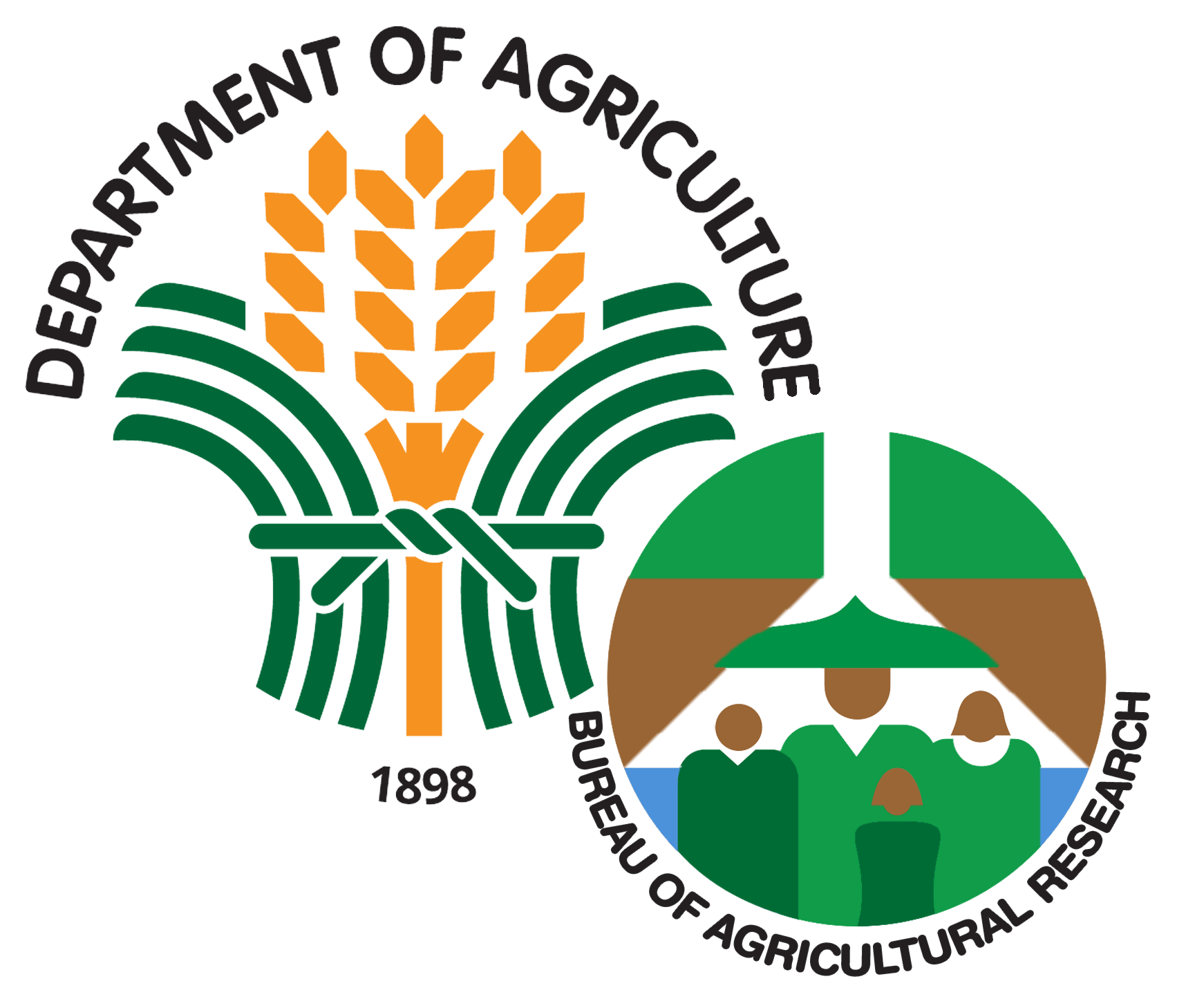In celebration of the National Women’s Month, DA-BAR through its Gender and Development (GAD) Focal Point System, conducted its first face-to-face GAD seminar series for its new staff in five years on 21 March 2023 in Diliman, Quezon City.
In his opening remarks, DA-BAR OIC-director Joell H. Lales emphasized how the bureau, as the lead agriculture and fisheries research for development coordinating agency, can be instrumental in bringing about social change by ensuring that programs, projects, and activities are gender responsive.
“We are exerting efforts to ensure that our officials and staff are gender sensitive. As such, with the influx of fresh faces in the bureau, we organized this kind of activity again to ensure that DA-BAR remains a safe space for all people regardless of their sexual orientation, gender identity, and gender expression (SOGIE), as well as a conducive environment where agriculture and fisheries R4D is gender responsive,” DA-BAR OIC-assistant director Dr. Anthony B. Obligado further explained in his closing message.
Serving as resource speakers for this one-day activity were Solène Marie Lafaut and Kristine Anne Lee, GAD specialists from Philippine Commission on Women (PCW), and Dr. Blesshe Querijero, member of the PCW National GAD Resource Pool and University of the Philippines Los Baños associate professor.
The morning session focused on the Gender Sensitivity Training, which raised the awareness and appreciation of various societal and cultural factors involved in gender-based exclusion and discrimination. Lafaut discussed the basic GAD concepts, while Lee focused on the GAD mandates and laws and its application in the workplace.
Further, the afternoon session highlighted the importance of making agriculture and fisheries research gender responsive, as well as the misconceptions on mainstreaming gender equality issues into programs and policies outside social sciences. Dr. Querijero also explained how to use the Harmonized Gender and Development Guidelines to assess the gender responsiveness of projects.
“Gender responsiveness of research projects improves research quality and generates social impact. Researches, regardless of sector and discipline, generate greater social impact and social inclusion,” she said.
Dr. Querijero added, “All projects whether basic or for extension have gender issues, and we will use tools to understand that. Gender dimension is not just an add-on but it is a thorough and cross-cutting perspective. It increases scientific creativity and excellence, as well as inclusion of all potential users of products and services.”
“Anything that we have learned can be unlearned, so we can change. We can change our policies and approaches to embrace what we call a gender-responsive R&D program,” she stressed.


